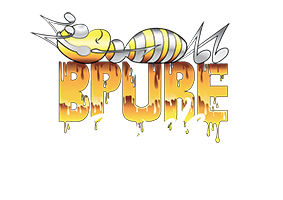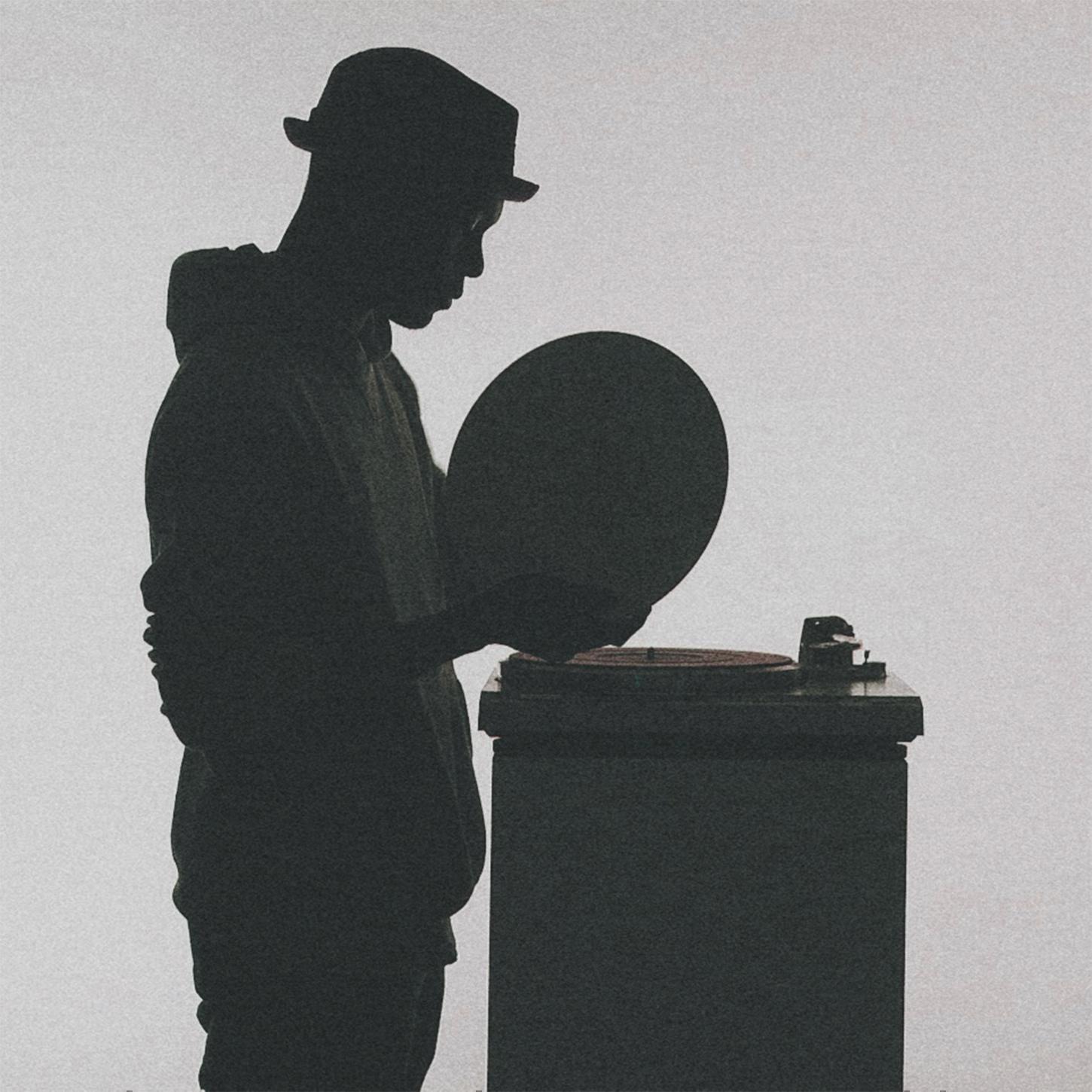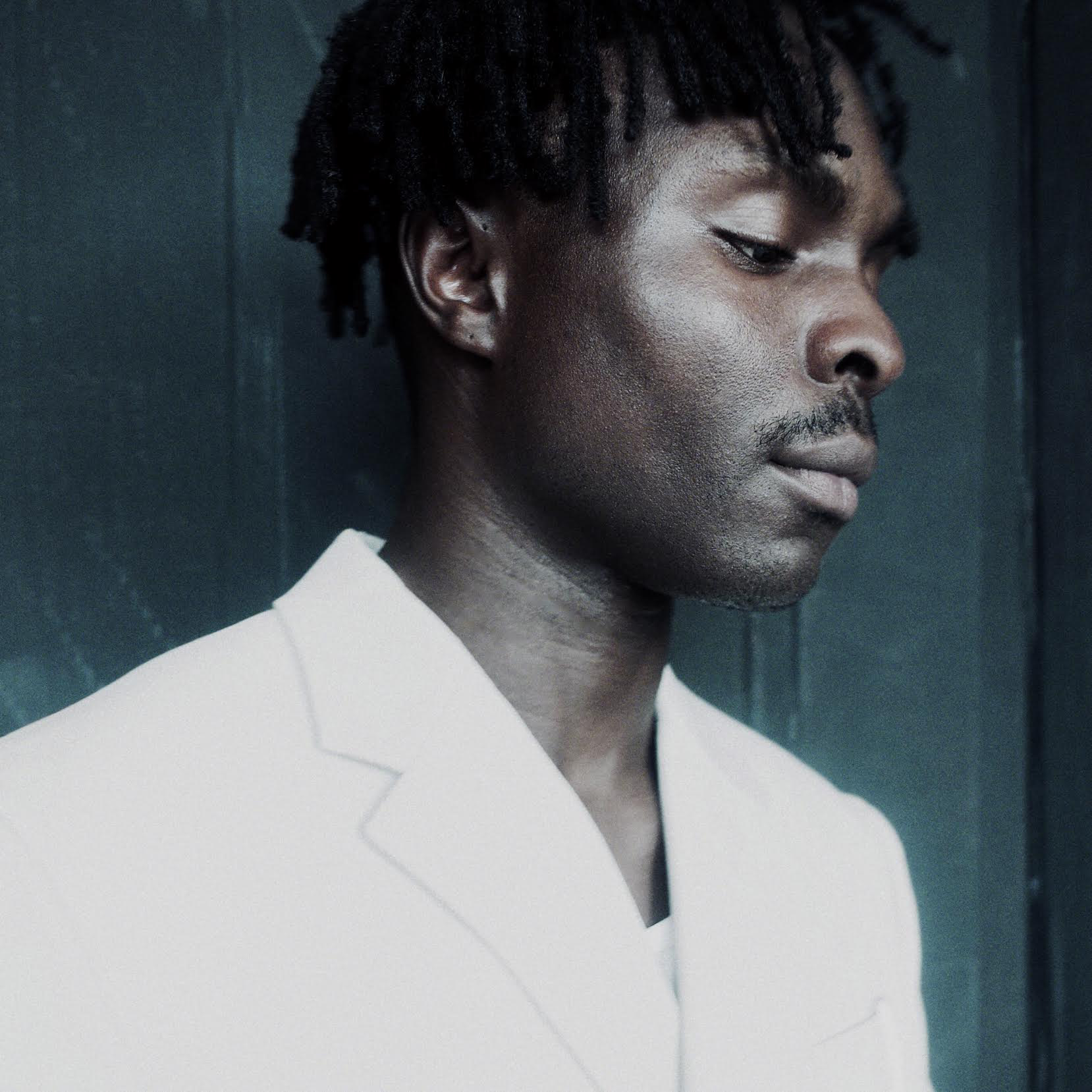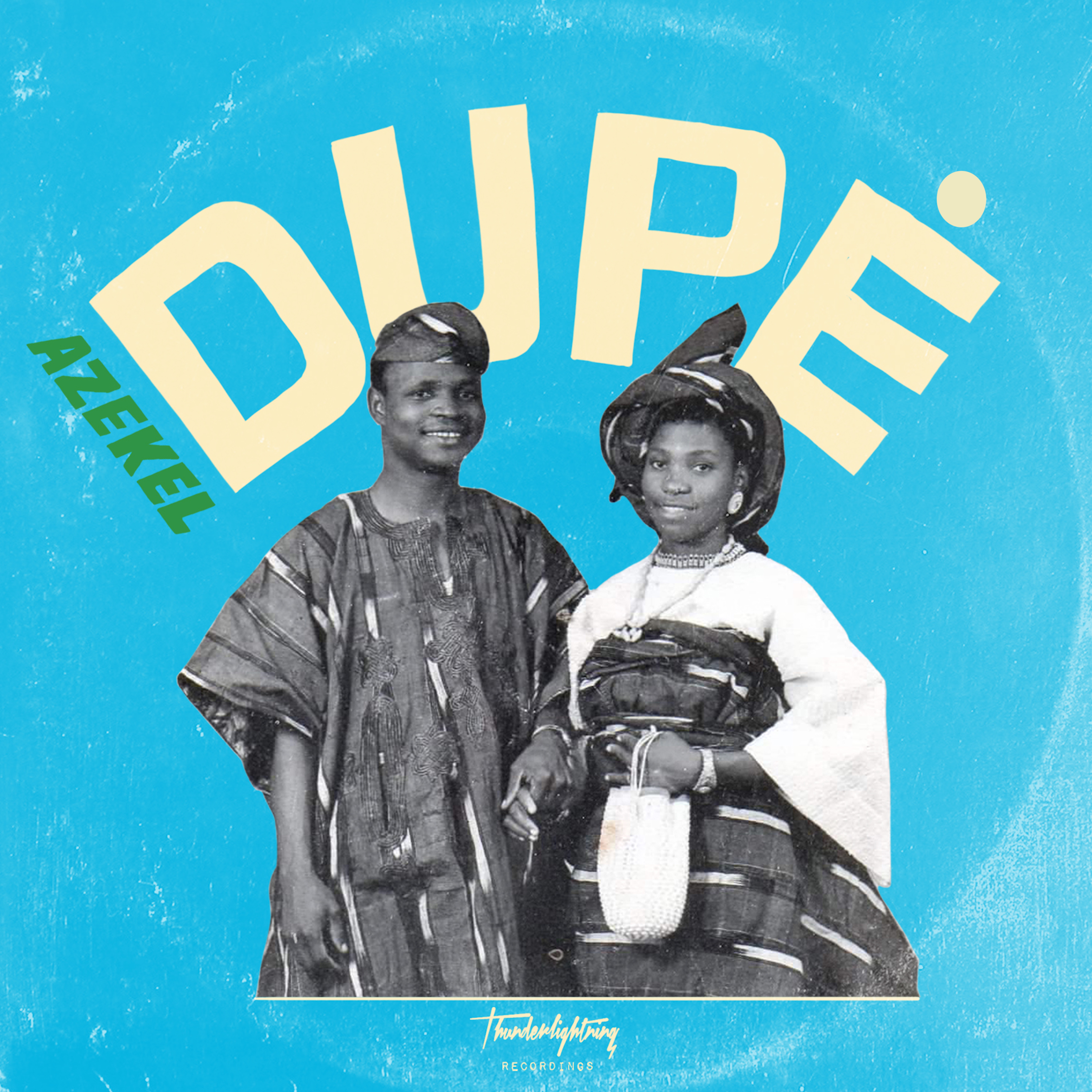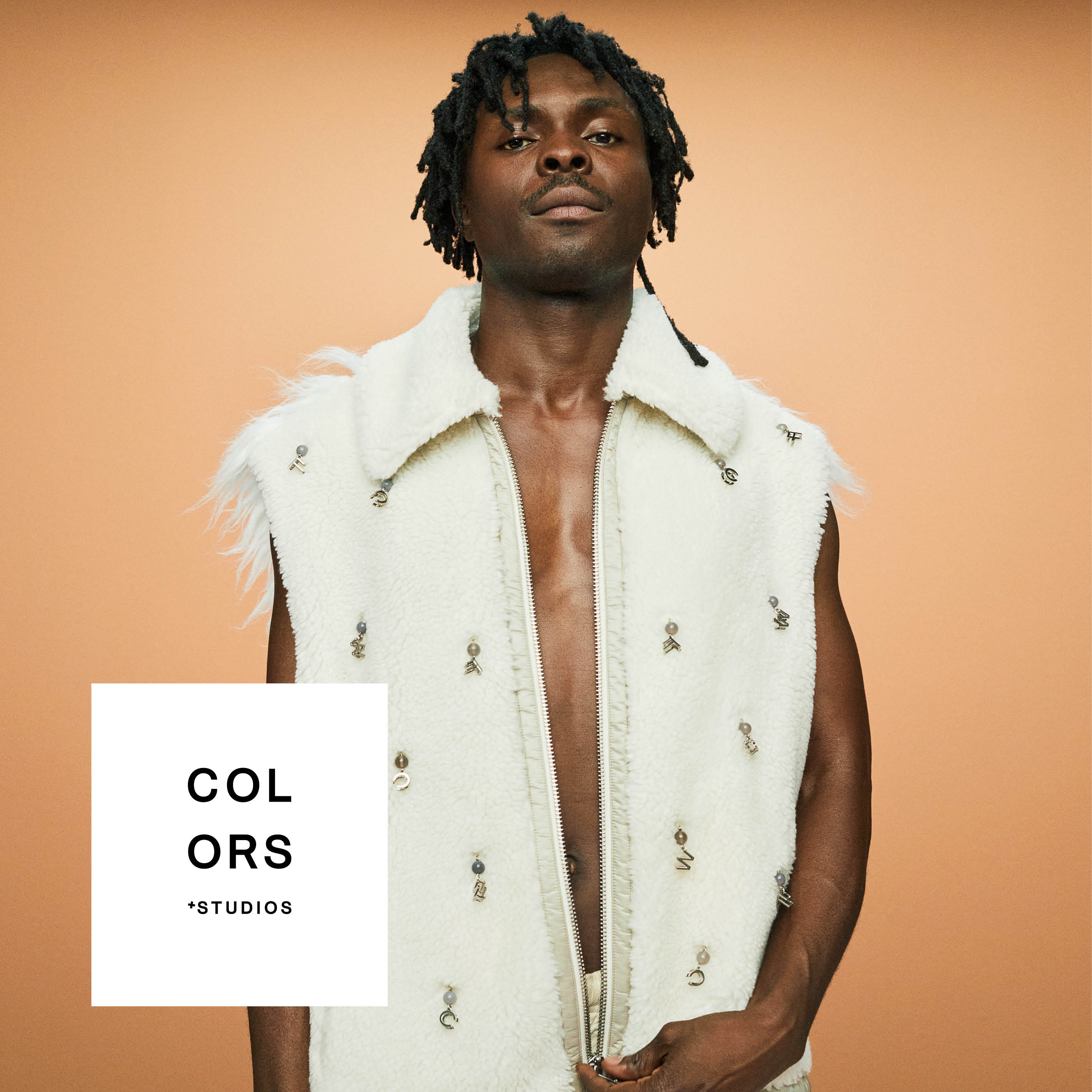AZEKEL
Azekel (meaning “Praise The Lord”) was born in Abuja, Nigeria to Nigerian parents who relocated to London when Azekel was just 5 years old. The eldest of four boys, Azekel grew up entrenched in the Nigerian community of East London, with Yoruba being spoken all around him. Nigeria was always a huge part of Azekel’s identity and upbringing, with his parents constantly playing music from their homeland, including Fela Kuti, Sunny Ade, and of course Afrobeats.
Azekel loved music from childhood and was initially inspired to perform by his mother buying him his first guitar and telling him that he could be the next Jimi Hendrix. Although rooted in his Nigerian heritage and culture which dominated life at home, Azekel was also a product of his environment and fast absorbed the sounds of his new streets and all the influences he was experiencing in East London’s melting pot…from electronic and rock music, through to hip-hop, grime and bhangra.
He developed a passion for soul and R’n’B whilst at the same time learning about Nigerian funk and psychedelic rock, and was soon studying Music Production at university to develop his producer skillset. His own releases quickly followed with Prince and Nile Rodgers co-signing Azekel and propelling him into the spotlight.
His unique vocal deliveries were adopted by artists such as Gorillaz, and he fast became one of the industry’s most exciting trailblazers.
COLLABS
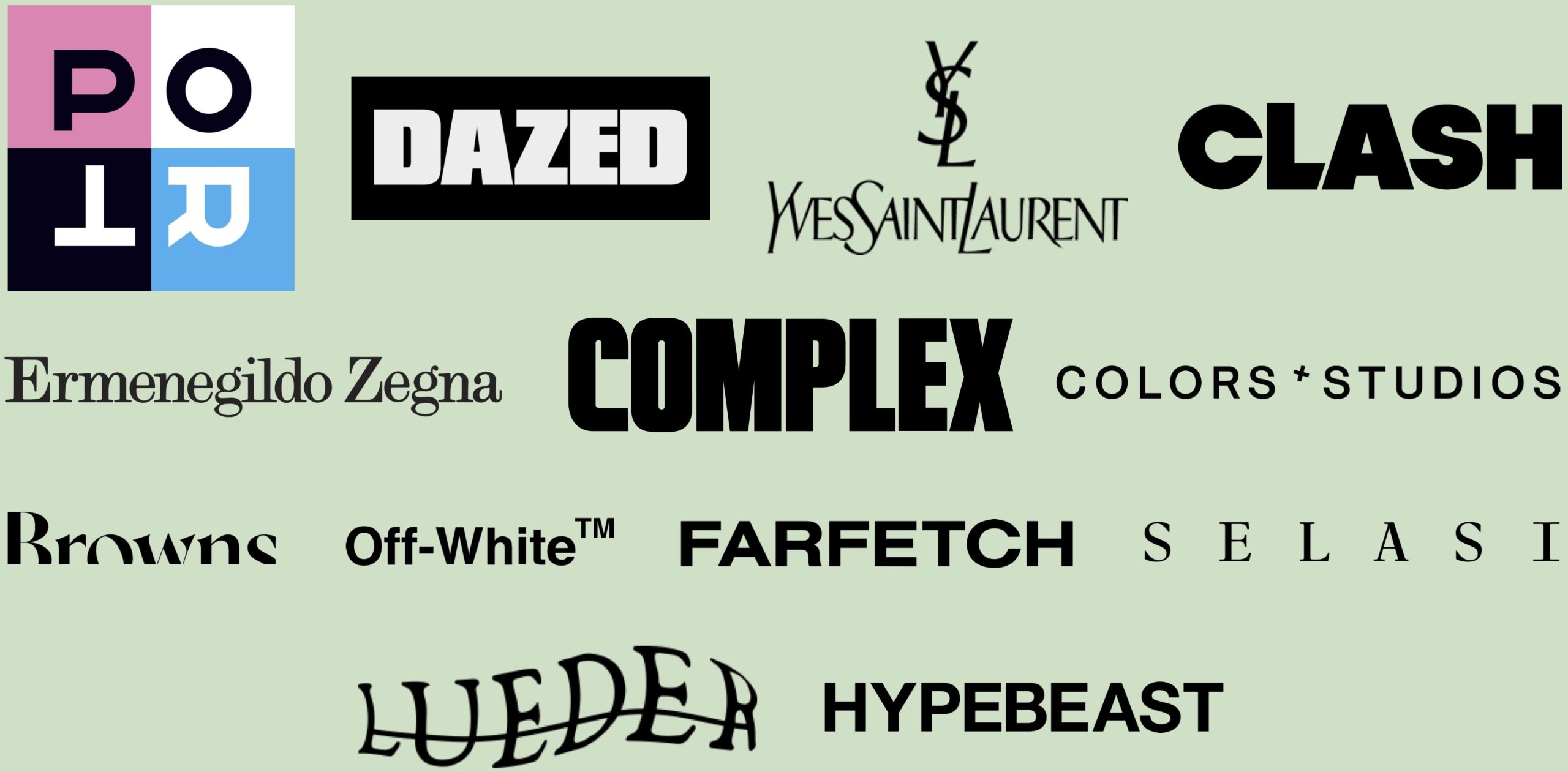
SAINT LAURENT

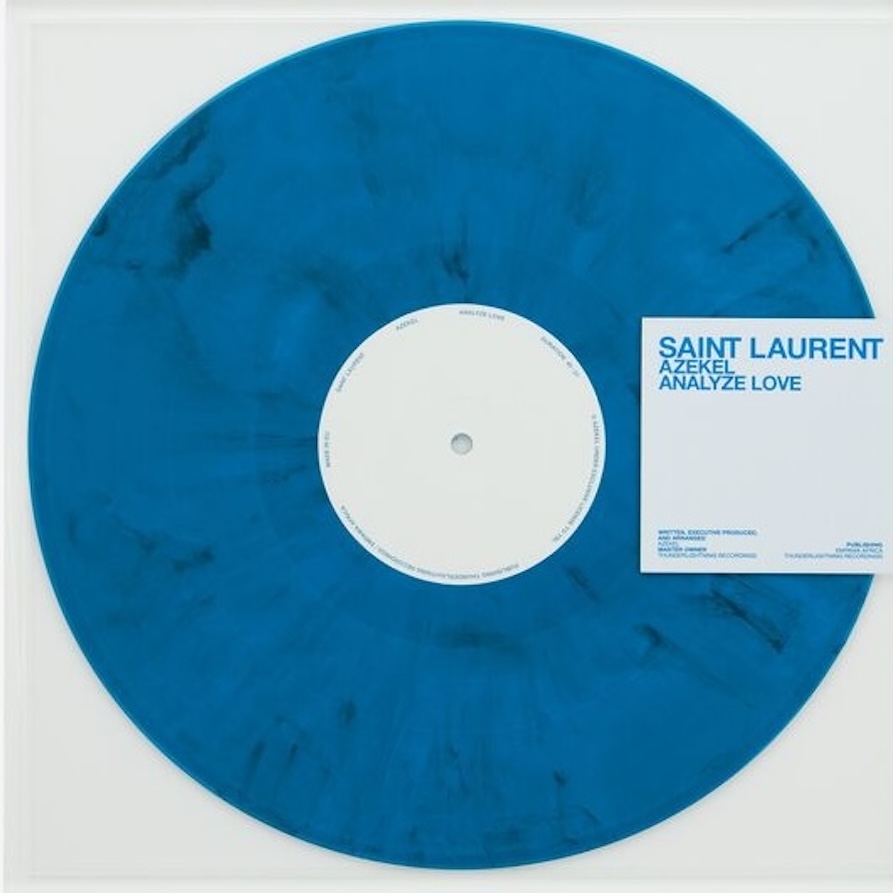
Yves Saint Laurent has long recognised that alongside the absolute perfection of their collections, music is a crucial component of any runway show, store or event experience. Music establishes the identity and tone of the creations and the world in which they live and YSL has become synonymous with perfection in its music curation. Azekel is proud to now be working with this iconic team.
June 2023 – Live performance (Paris – Saint Laurent, Rive Droite Live Sessions)
July 2023 – Vinyl release of Azekel’s ‘Analyze Love’ by YSL as part of their exclusive vinyl record collection via Paris and LA store, and YSL website.
SYNCS
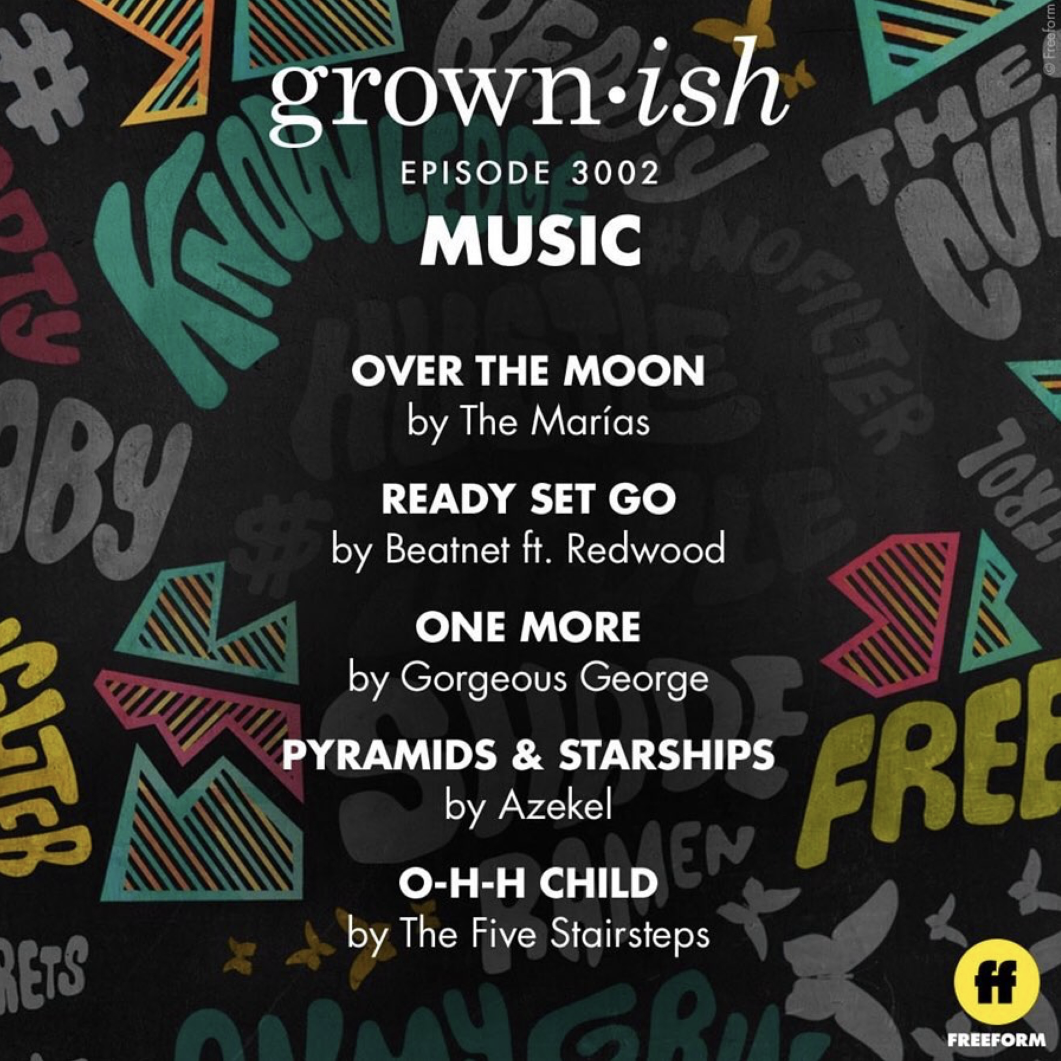

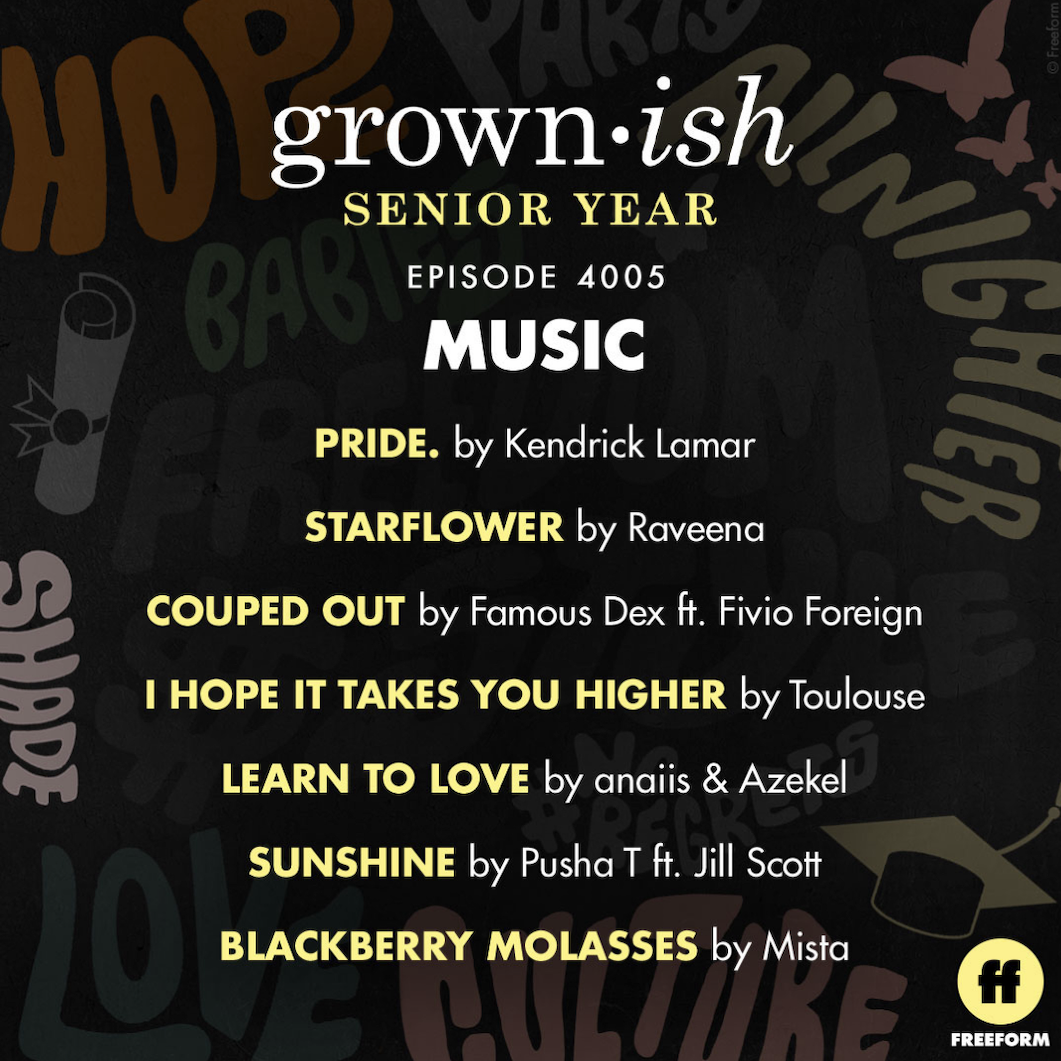
LIVE SHOWS
Southbank Centre (Supporting Erykah Badu) – 2022
Soho House (180, The Strand) – 2022
NTS x Paco Rabanne at The Standard Hotel, London / Silencio, Paris – 2022
Google London – 2022
The Reference Point, London – 2022
The Woods, Accra – 2022
The Barbican – 2023
YSL, Cannes Film Festival – 2023
Soul Kitchen, Paris – 2023
ART X LAGOS, Lagos – 2023
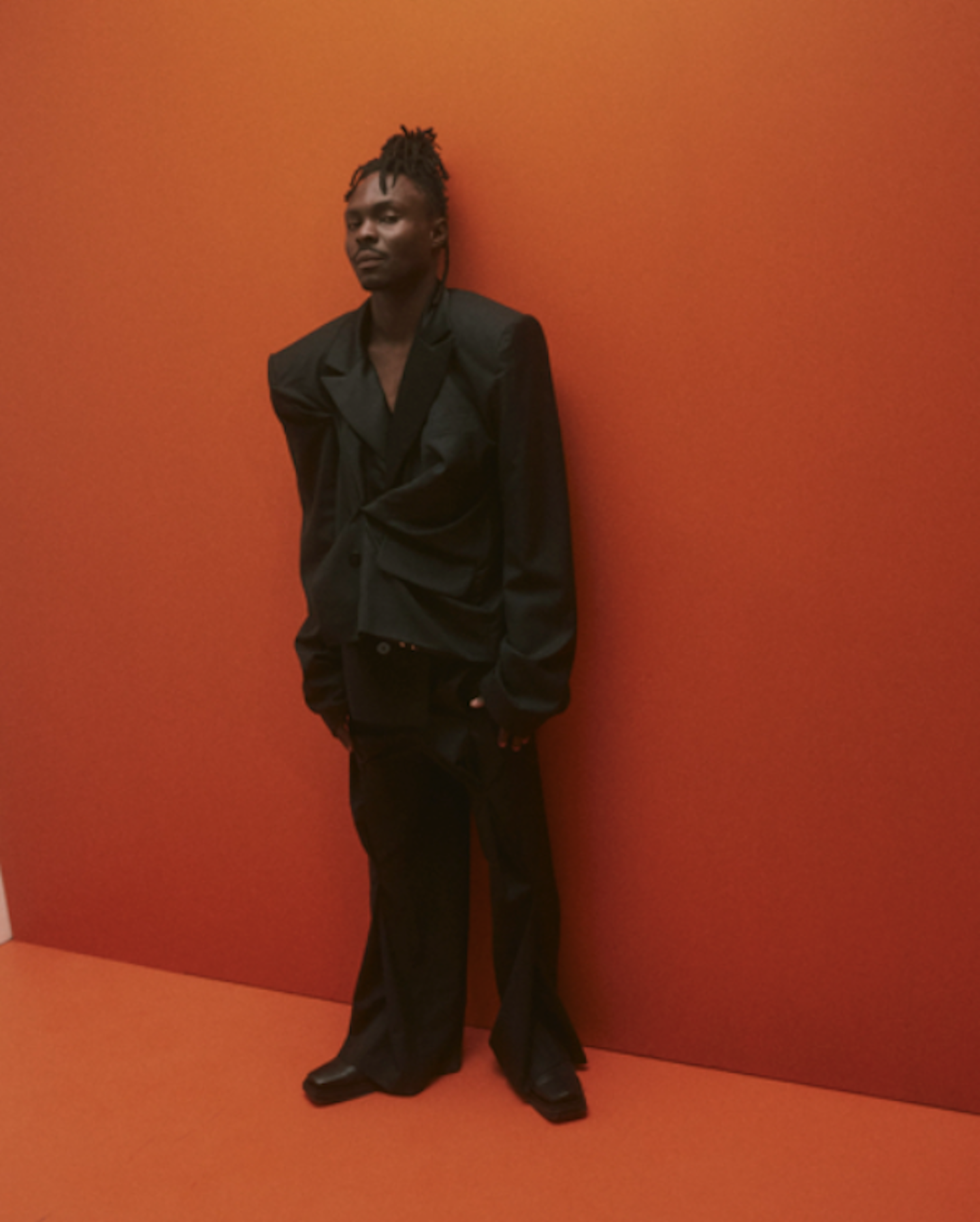
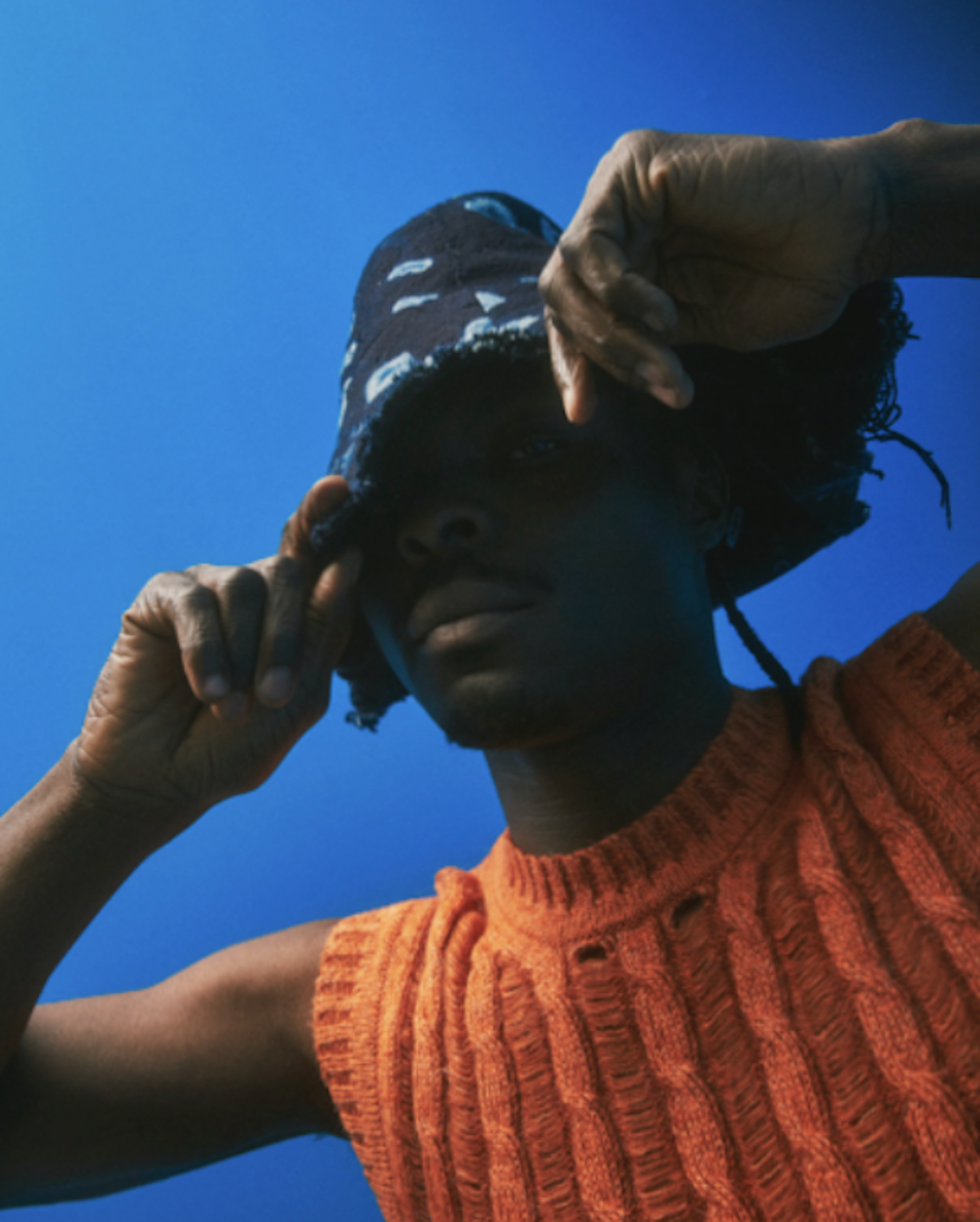
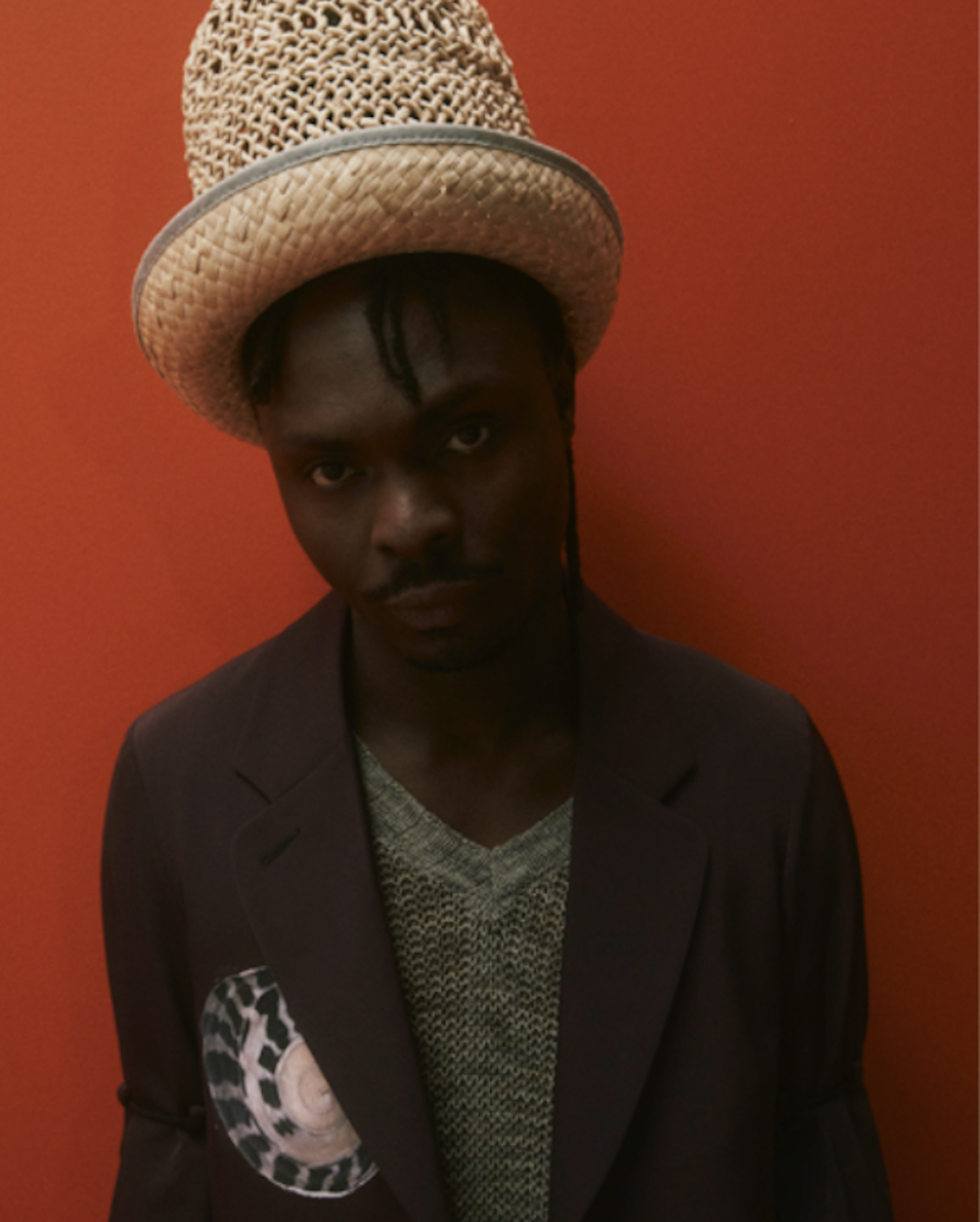
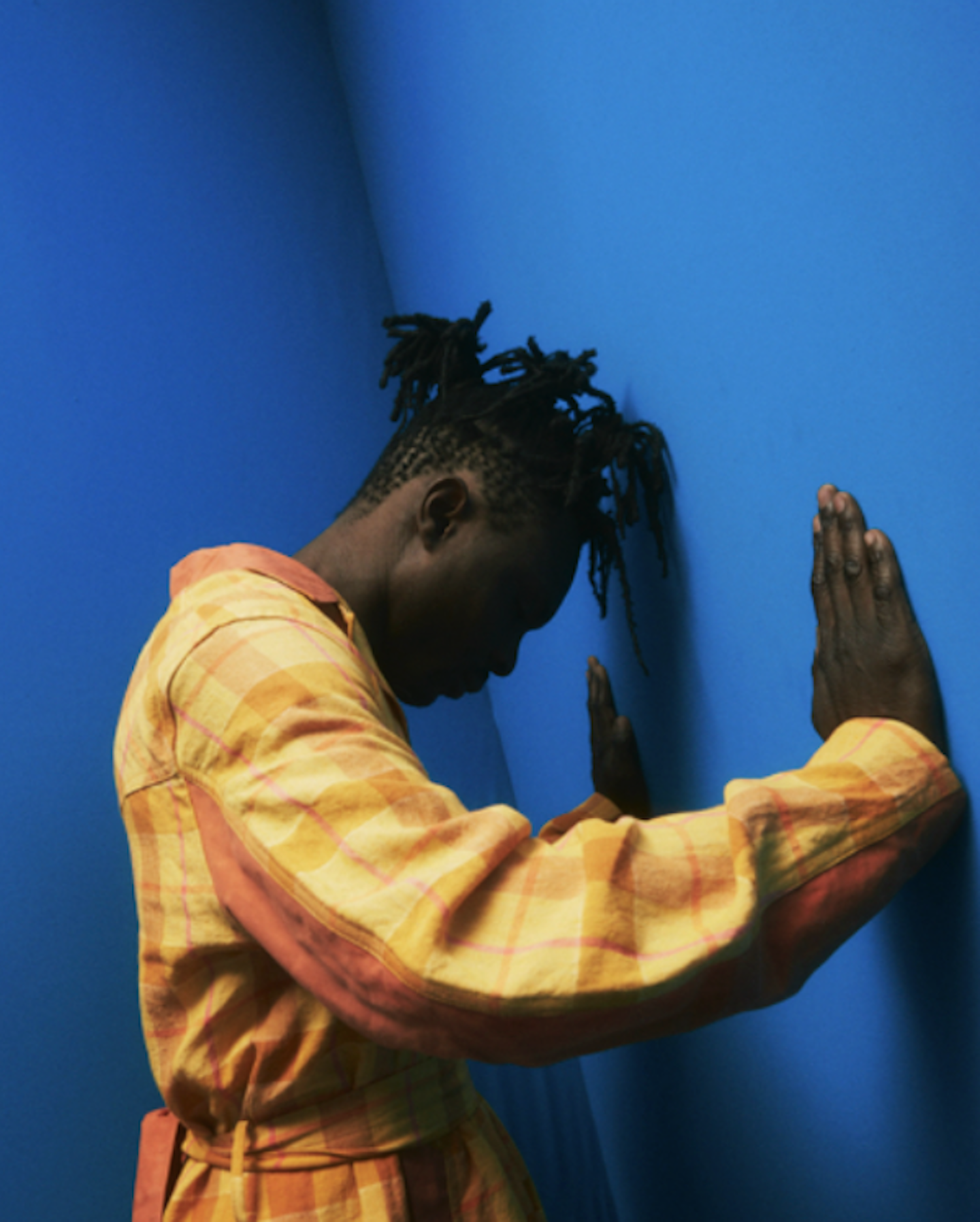
POWER UP
Power Up is an ambitious, long-term initiative which supports specially selected, highly talented and exciting black music creators and industry executives, as well as addressing anti-black racism and racial disparities in the music sector. Each year, it chooses 20 carefully curated black music creators to receive support from its industry partners with Azekel selected for 2023/2024.
Power Up is a UK venture managed by PRS Foundation in partnership with YouTube Music, Beggars Group, Spotify and the Black Music Coalition, with support from key industry groups such as the Ivor’s Academy, BPI, PPL and the Musicians Union.
Alongside the Participant Programme, a wider Power Up movement aims to break down barriers and apply industry pressure to increase black representation, accelerate change, advocate for black talent and influence, and shape the future of the music industry.
SOCIALS
Follow Azekel on all social platforms and stay up-to-date.
